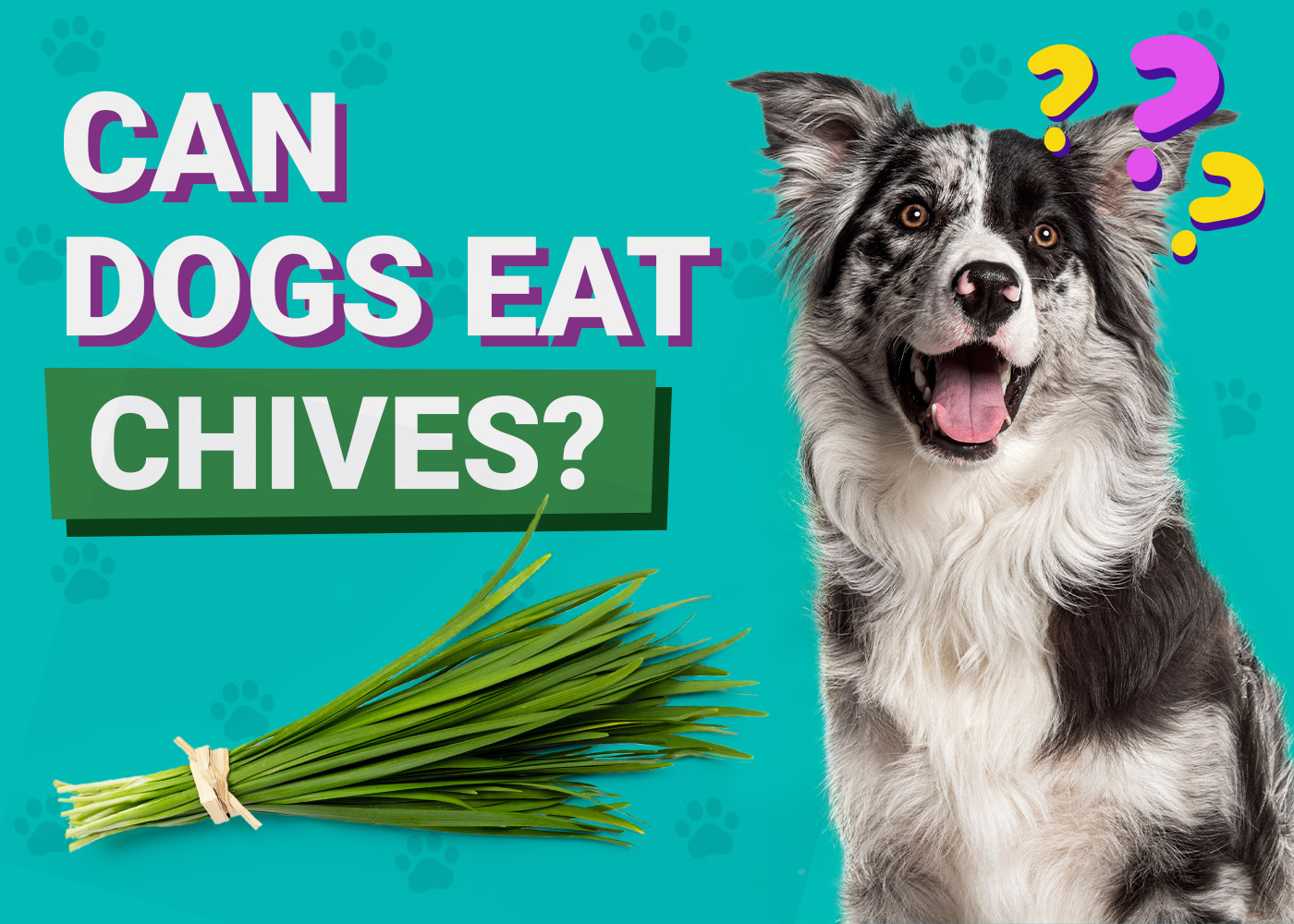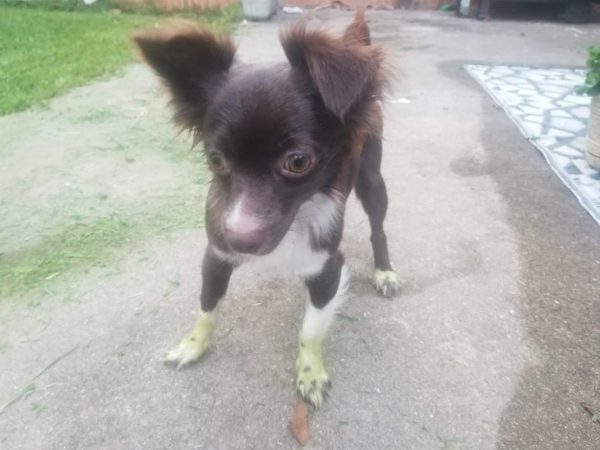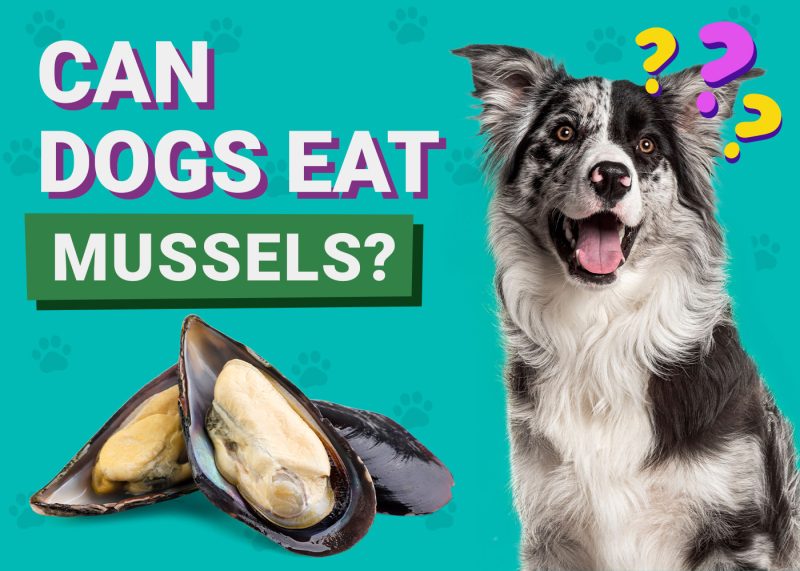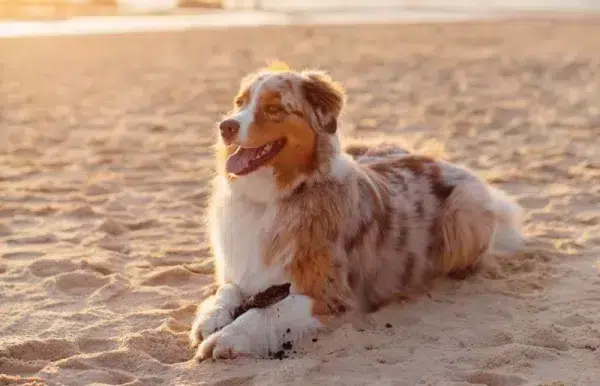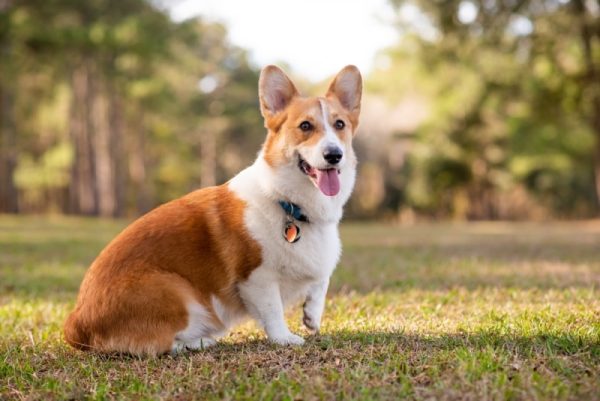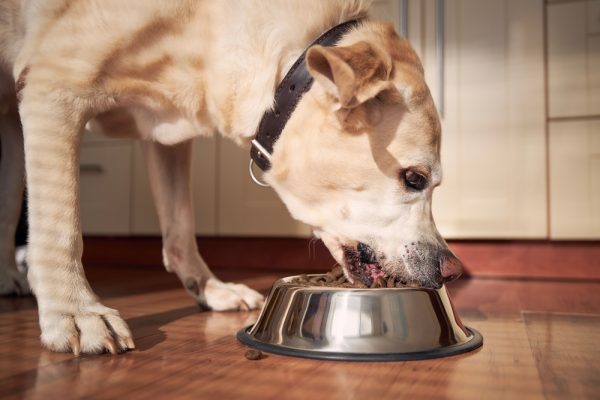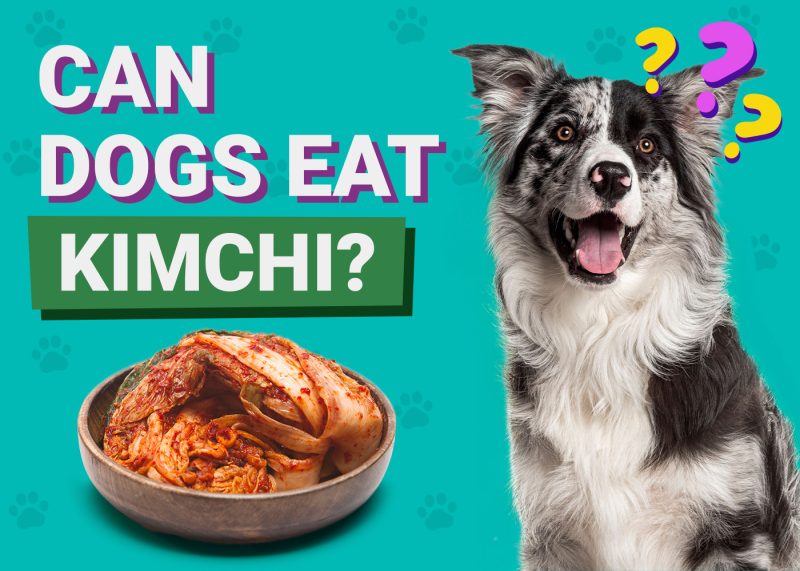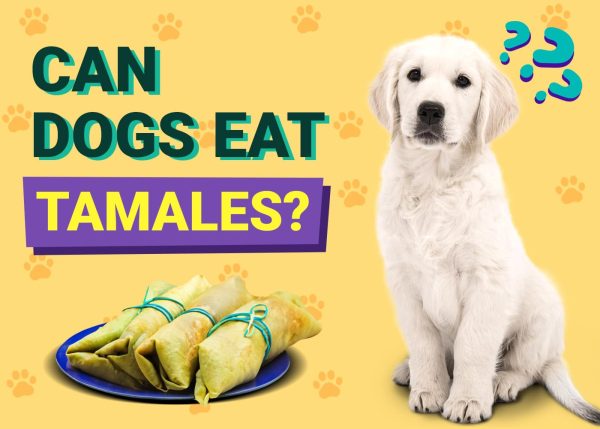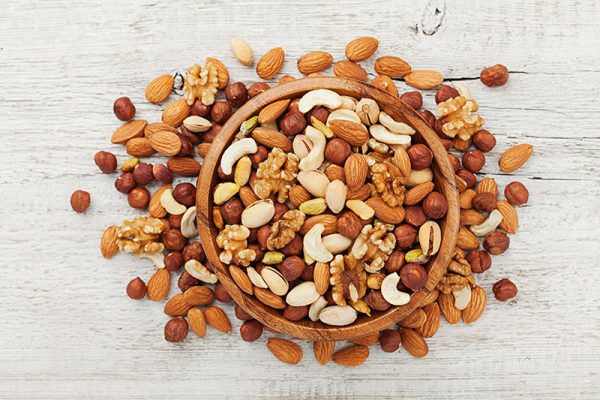If you love to cook, chances are your kitchen is stocked with many of the basic ingredients you need for your favorite recipes. Vegetables and herbs from the Allium (onion) family, including chives, are among the most common seasonings used in cooking, but are they safe for dogs? Unfortunately no, you’ll need to resist your pup’s begging in this case because dogs can’t eat chives.
Keep reading to learn why chives aren’t safe for dogs to eat and the typical signs of chive poisoning. We’ll also discuss what to do if you suspect your dog has eaten chives and how to protect your pet from this tasty but dangerous ingredient.

Why Chives Aren’t Safe for Dogs to Eat
As we mentioned, chives are members of the Allium scientific family, along with leeks, onions, and garlic. All the vegetables and herbs in this family, including dried and powdered forms, are toxic to dogs and cats.
Chives contain substances that may irritate your dog’s mouth, stomach, and digestive tract. These substances may also damage and destroy red blood cells in the dog’s body. Low red blood cell levels, or anemia, can be life-threatening to your pet.
All dogs are vulnerable to chive poisoning, but breeds originating from Japan, like Akitas, are believed to be at higher risk. The toxic effects of chives vary depending on the size of your dog, the type of product they eat, and the quantity consumed.
If you need to speak with a vet but can't get to one, head over to PangoVet. It's our online service where you can talk to a vet online and get the advice you need for your pet — all at an affordable price!
Signs of Chive Poisoning
If your dog eats chives or products containing chives, you may notice the signs immediately or not for several days.
Signs you may notice more quickly include:
- Irritated mouth
- Drooling
- Vomiting
- Diarrhea
- Belly pain
Signs that your dog may be suffering more severe consequences from eating chives may include:
- Weakness and lethargy
- Faster breathing
- Faster heart rate
- Pale gums
- Collapse
Anemic dogs can also suffer kidney damage. You may notice increased drinking, decreased appetite, and more frequent urination if your dog’s kidneys are impacted. Contact your veterinarian immediately if you know or suspect your dog has eaten chives.
In cases of toxicity, the sooner treatment can begin, the better. Your dog may need blood tests, medications to protect the digestive tract, or possibly hospitalization and even blood transfusions if they’re anemic.
If you need to speak with a vet but can't get to one, head over to PangoVet. It's our online service where you can talk to a vet online and get the advice you need for your pet — all at an affordable price!
Keeping Your Dog Safe
Never feed your dog any food or product that contains chives. Remember that dried products are more concentrated, and smaller quantities can produce a toxic effect. If you cook with chives, onions, or leeks, store them out of your dog’s reach.
If you throw away leftover chives or food containing them, ensure your dog can’t get into the trash. If chives are spilled on the floor, keep your dog away until you can clean them up thoroughly.
If you grow chives in your garden, ensure it is fenced-in to prevent your dog from chewing on the plants. Various human supplements often contain chives, so ensure these products are kept out of your dog’s reach.
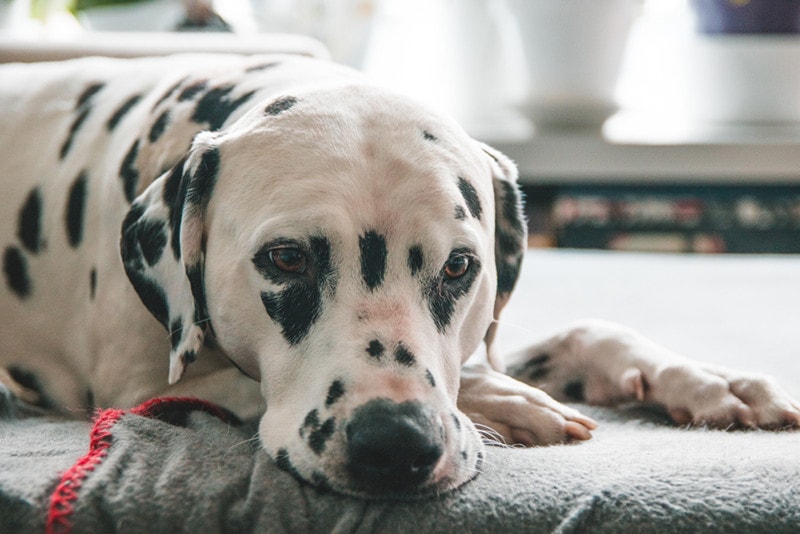

Summing Up
Chives and other members of the onion family might make your food taste delicious, but they also pose a severe risk to your dog’s health. Never feed your dog chives, and follow our safety tips to make sure your pup can’t sneak a taste. Before providing any human food to your dog, it’s vital that you make sure it’s safe. If you aren’t sure whether a food is okay for your dog to eat, check with your veterinarian.
See also:
- Can Turtles Eat Onions? Vet Approved Facts & Safety Guide
- Can Dogs Eat Fish? Vet-Approved Facts & FAQ
Featured Image Credit: Jumpstory
